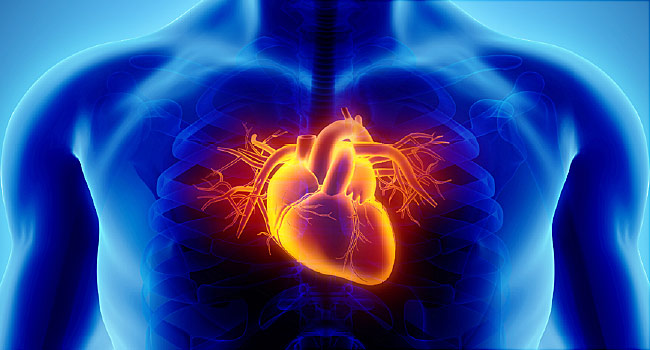
When the blood vessels of the heart are infected or damaged, it leads to heart disease. This condition may be caused by the build-up of fatty deposits known as plaque, which block blood vessels. Heart disease can lead to serious health complications like a heart attack or problems with heart rhythm. Such problems may lead to death; therefore, it is essential to treat heart disease. Your heart disease in Sebring specialist at Vein & Cardiovascular Center offers diagnosis and treatment of heart diseases with advanced special care that caters to your needs. When you visit here, the specialists use their experience to conduct a comprehensive evaluation to diagnose your condition; they also use minimally invasive and advanced treatment procedures to ensure that you quickly return to your normal life.
What are the symptoms of heart disease?
The symptoms of heart disease vary depending on the type of condition one has because different types of diseases affect the heart in different ways. Heart diseases usually develop gradually; symptoms may show early or may take time before you experience a serious problem. Therefore, some conditions of the heart may not even show symptoms at all. The following signs indicate the presence of heart disease.
- Pain in the chest
When you experience discomfort in the chest, it may indicate a heart problem, although several chest pain causes have no relation to the heart. However, chest pain is the common sign that there is poor blood flow to the heart. Therefore, chest pain occurs when the heart receives enough blood and oxygen, although the intensity of the pain varies from one person to another.
- Difficulty in breathing
When the heart cannot pump blood as it is supposed to, there will be a build-up of blood in the vessels that run from the heart to the lungs. As a result, fluid enters the lungs, causing difficulties in breathing, which is a sign of a heart problem.
iii. Cough and Wheezing sound
Coughing or wheezing that occurs and persists may indicate the presence of fluid in the lungs.
- Edema
Swollen legs, feet, or ankles indicate a problem with the heart. Edema occurs when the heart is not functioning well. This causes blood flow to slow, causing a build-up of blood in the veins of your legs.
Other symptoms that indicate a heart problem include narrowed blood vessels due to a build-up of cholesterol or other fatty deposits in the veins, fatigue, and abnormal heartbeats. Such symptoms can lead to severe problems such as a heart attack. Therefore, you should seek immediate medical attention when you experience the above signs. Heart disease is a common problem; some are caused by lifestyle factors, while others are caused by genetic issues that are not preventable. There are steps one can take to prevent the possible occurrence of heart disease. Such steps may include eating a healthy diet, regular exercise, checkups, and consulting the doctor if you experience the signs and symptoms of a heart problem. Also, lifestyle changes such as quitting drugs and managing stress can help prevent the possible occurrence of heart disease. It is recommended that you go for regular screenings and remember to monitor your health to help detect such a disease and receive treatment in good time to help prevent further complications.